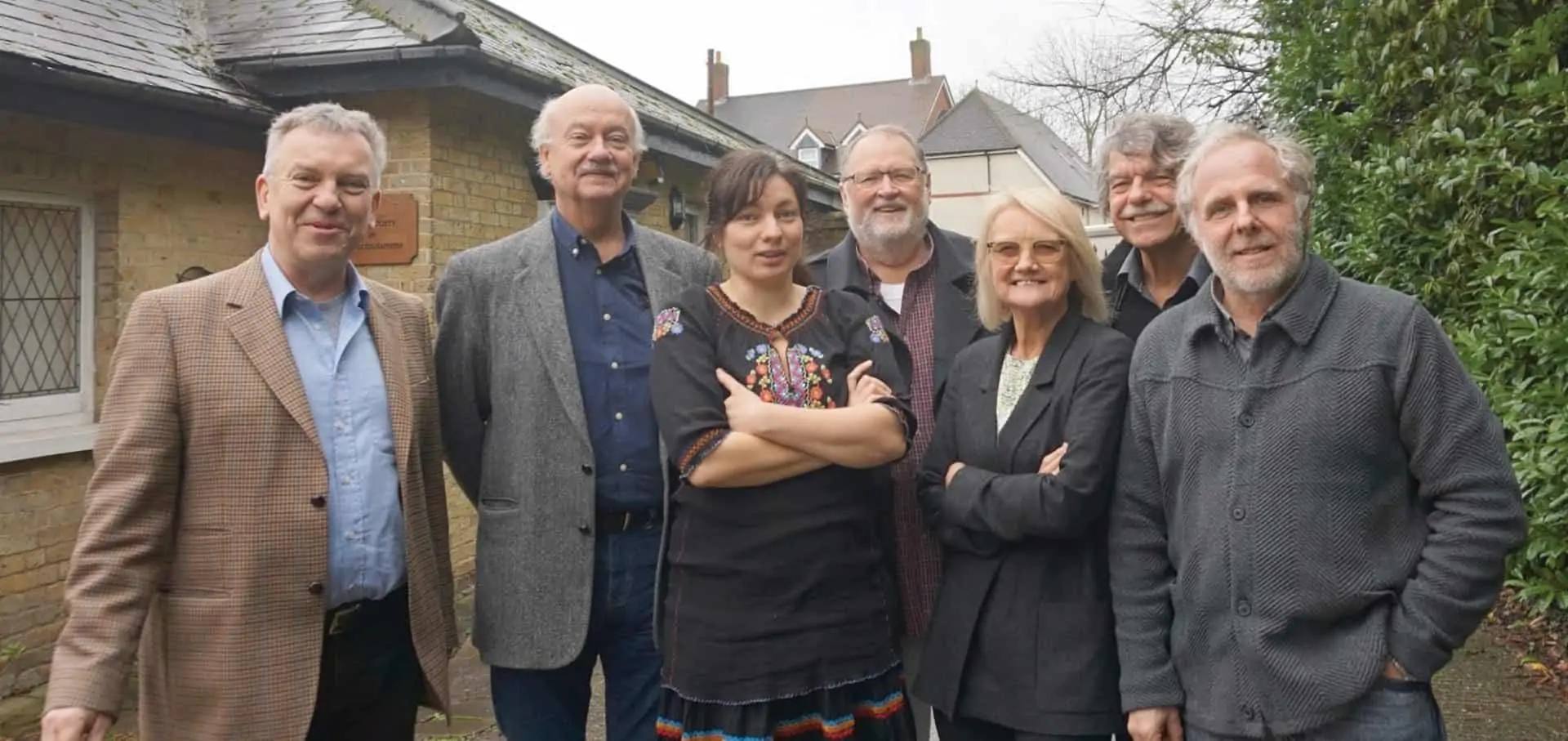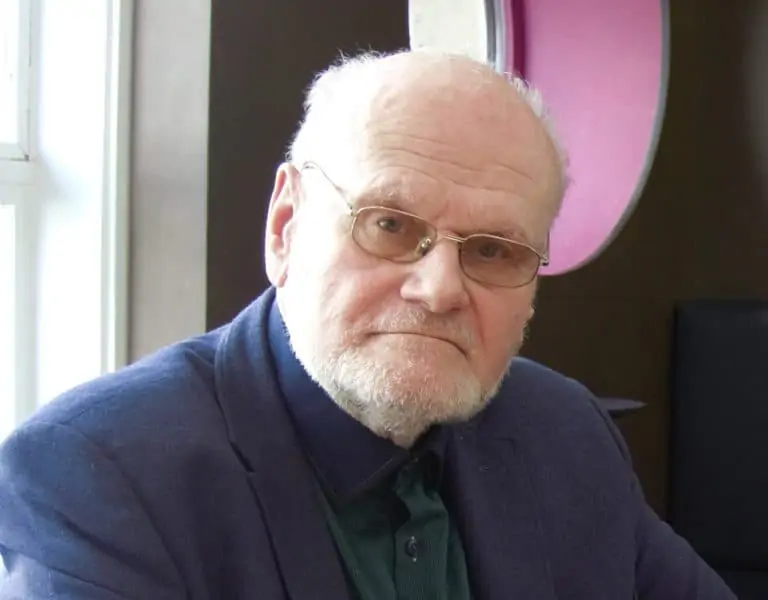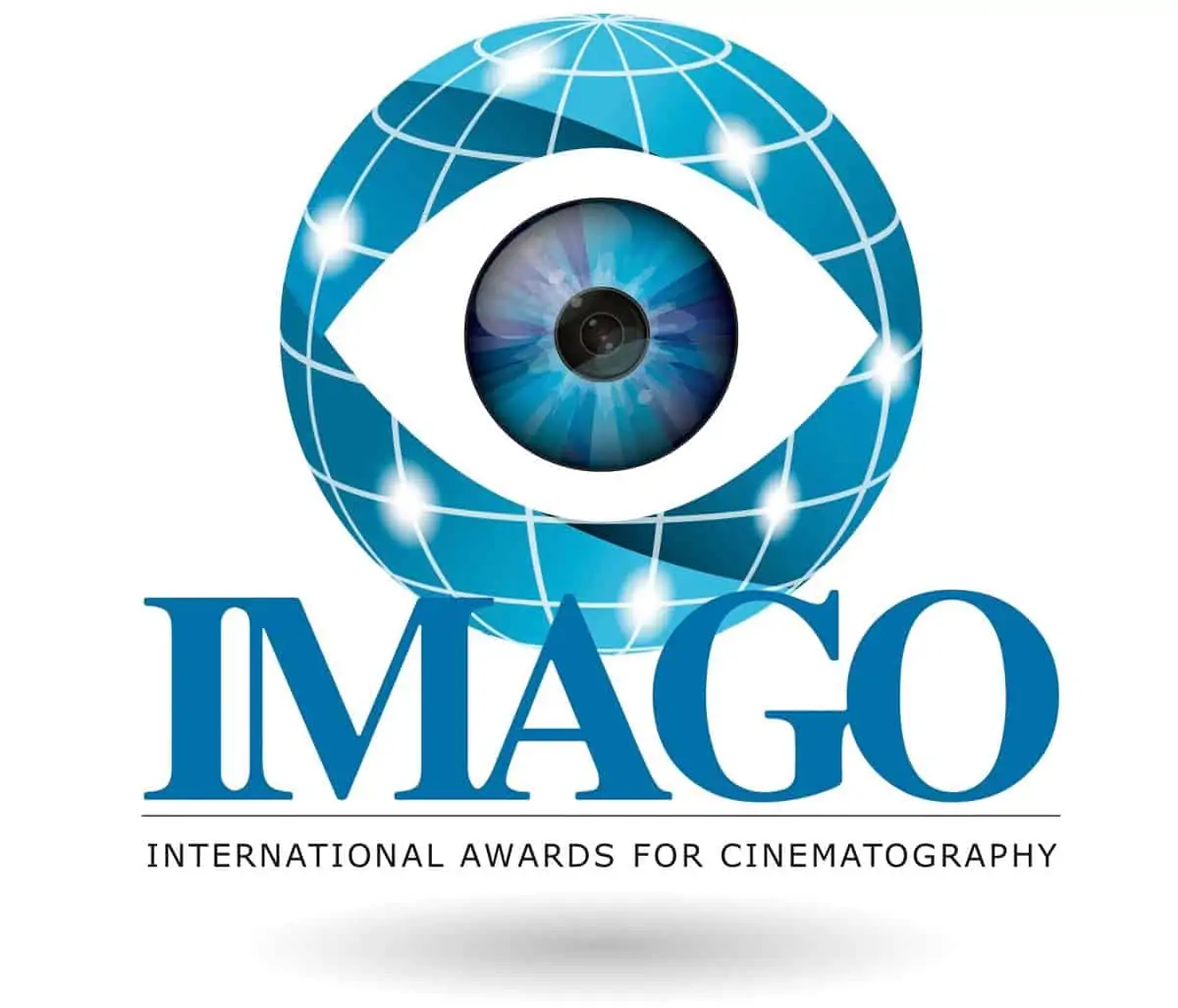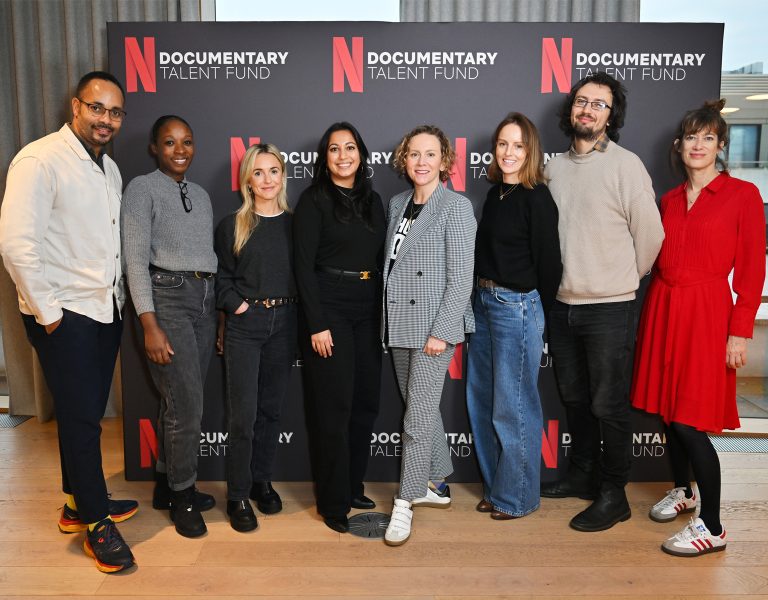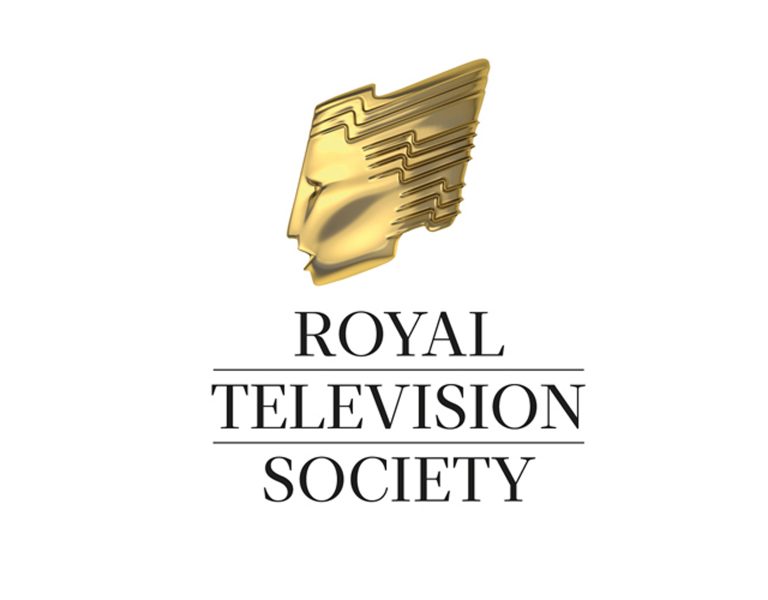“I woke up today in my home in Athens and realised my situation at age 61. In the morning I work as a DP on a TV series, in the afternoon I videotape lectures and conferences, and at the night I do colour grading,” writes Yiannis Daskalothanasis GSC. “I work for more than 12 hours a day, to earn about 25% of what I was earning four years ago by doing one job. Meanwhile 90% of young cinematographers remain unemployed. Despite the guilt I feel, I am obliged to take over jobs they would have taken as novices, just to cover my running expenses.
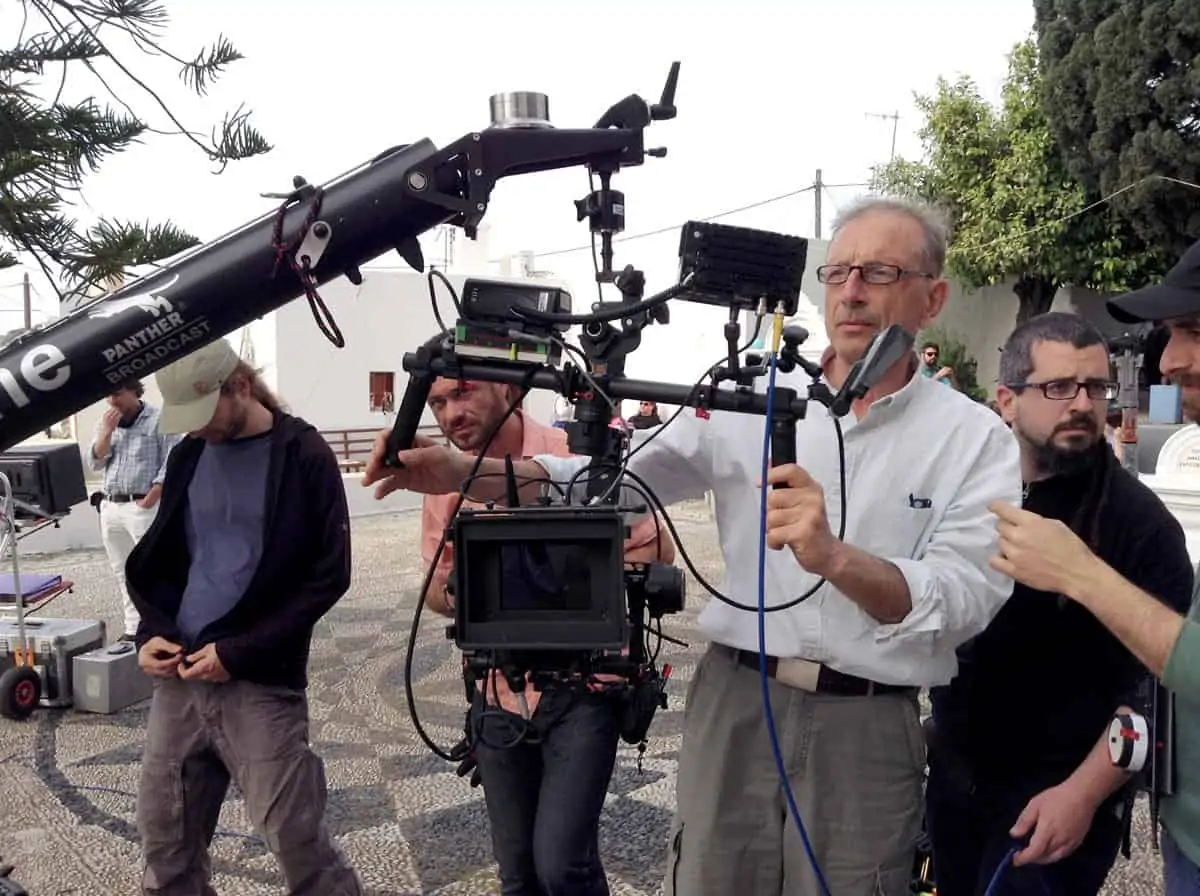
From 1976, when I started working, until 1995, there were three pillars regulating labour relationships in film and television in Greece:
1. Compulsory insurance and pension benefits
Every person working in the audiovisual sector had to be insured by the National Health System. Each employer and employee was obliged to pay contributions for health care and pension. The employee had to contribute 13% of their salary and the employer 34%.
2. Working licenses
For someone to be able to work in cinema or television, they had to be licensed. The Ministry of Culture was responsible for issuing licenses for each specialty after examining each person’s educational degree and qualifications.
3. Collective labour contracts
Becoming a certified technician in cinema and television, meant that one would automatically enter the umbrella of legal, labour and trade union legislation covering the audiovisual sector. The Technicians’ Union (ETEKT) had signed a collective agreement with the producers’ association which was mandatory to be followed by all producers regardless of whether the technicians were members of the union. However, in the mid ‘90s the situation started changing. Several private TV channels appeared and transmitted on a national scale, having no license whatsoever. The state imposed no sanctions and so the TV channels kept working unperturbed. On top of this, many of these private channels imposed their own labour terms, their sole purpose being to maximise their profits.
The great demand for employees by these private channels led to the creation of an army of unskilled technicians, who would work with no license, outside the norms of collective labour contracts, demanding minimal or no health or pension contributions. Unfortunately, the Greek state did nothing to regulate this situation, which continued and thrived.
Little-by-little, the above deregulation in the television sector extended to the cinema sector. Producers started employing technicians who were not certified by the Ministry of Culture as they ought to be. The Greek state did nothing but neither did the Union. The situation was getting more and more out of control. But so many productions were taking place each year and so many people were happily employed that nobody had time to worry.
From 2007 on, however, the situation started changing drastically. The various private TV channels started collapsing as they were indebted with millions of euros. From 2007 till 2010, the private TV channels drastically cut down their programming and their budgets. Banks refused to give more loans and production simply stopped. The economic crisis hit Greek television and film productions hard, and 80% of film technicians were suddenly unemployed.
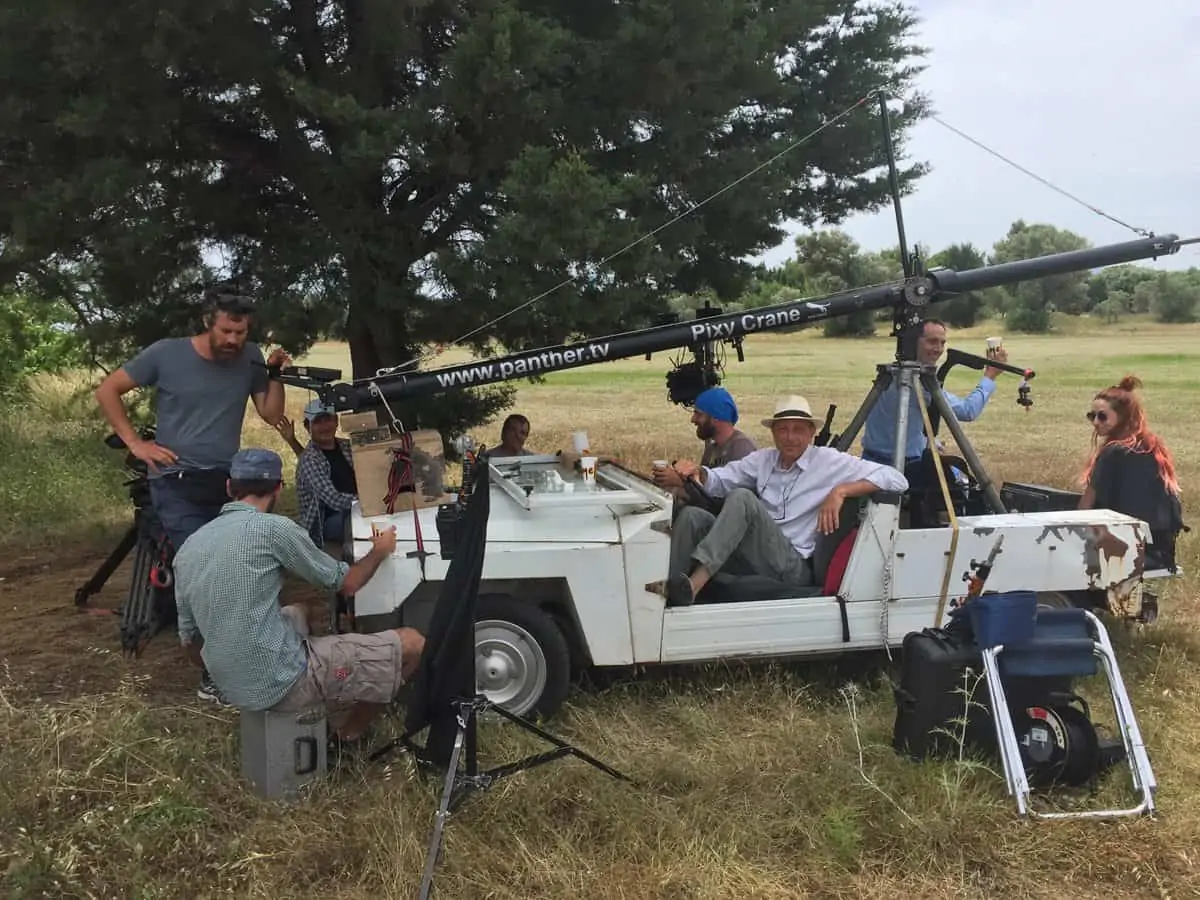
In 2010 the Technicians’ Union attempted some hectic efforts to bring back the three pillars. Unfortunately it was too late. In 2011, collective labour contracts were officially abolished according to European regulations. And in 2013, the Ministry of Culture also officially abolished working licenses, again according to European regulations. From then on, everyone could work wherever and whenever they wanted in cinema and television. As a result of this, the various film schools became redundant and it was quite hard for them to attract students. Why would anyone decide to spend money and time to get a degree in art direction, for example, if they could work without it?
Today about 90% of certified technicians are unemployed. In the few productions that take place in Greece nowadays, the producers employ mostly uncertified technicians, as they are cheaper and more manageable. The reaction of the old and skillful cinematographers was to get no salary and rely only on back-end profits, which in 90% of the cases didn’t come.
In 2014, under my suggestion, the Technicians’ Union set up a cooperative to undertake Greek productions or offer services to foreign productions shot in Greece.
The Technicians’ Union continues to fight for its three pillars: insurance and pension benefits, working licenses, and collective labour contracts. I am not sure how successful this struggle could be, even with the left-wing government we have now in Greece. I think that this disease is going to spread from the Southern countries to the rest of Europe very soon unless we do something about it collectively.
Yiannis Daskalothanasis GSC is an award-winning cinematographer working since 1976 in the Greek and international film and television industry. For a second term, he is president of the Greek Society of Cinematographers. He is board member of the Greek Film Centre and the collective rights management organisation ISOCRATIS.

